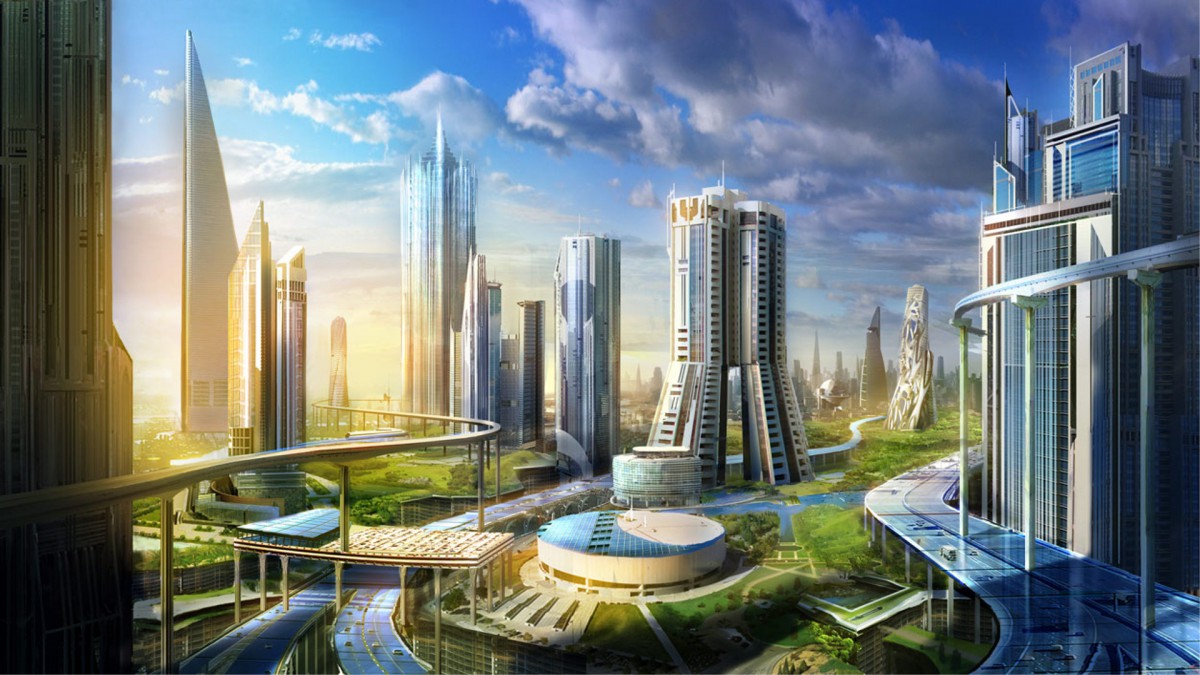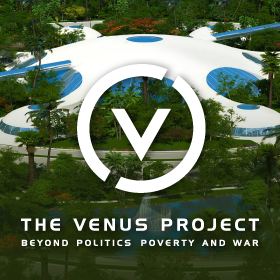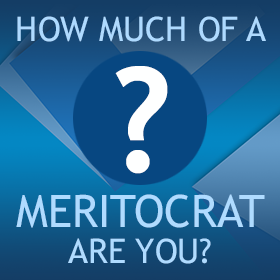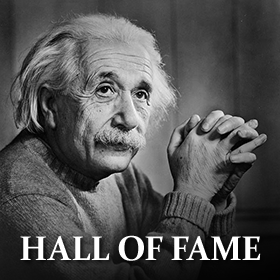The world is facing serious social problems that have now caused a civilizational crisis. Slowly but surely we are sliding into a techno-feudalism where the average person is just a common raw material, a tiny statistic, paying taxes and interest to the current partyocrats and of course consuming the products they are forced to buy. Even though he doesn't really need them. This consumerism is a major contributory factor to the escalation of the crisis, which is also manifested, among other things, in the inhuman scale of environmental pollution.
These are problems that, unfortunately for us, liberal democracy is unable to solve and, in many cases, is even aggravating them by shielding them with a profit-driven approach. Learning from its mistakes, we must move on if we want to restore the balance that has been so badly upset and keep our planet livable.
To do this, we need to regulate politicians and the billionaires who collude with them, improve the electoral system, introduce a tri-polar system without parties, self-regulation based on arguments rather than power, a constitutional coup-proof system of governance, bring living conditions for ordinary people to a tolerable level and, at the same time, teach them public interest awareness. Reducing, and optimally eliminating, the dependency of the masses is the main guarantee of a better and more public interest world. The most important element of this is to ensure an equal chance of opportunity and the abolition of all privileges, in opposition to Marx's egalitarianism. The starting point for meritocratic economic aspirations is the work of Silvio Gesell, whose ideas are the basis of the Swiss interest-free WIR system.
In the pursuit of peaceful coexistence, it is necessary to consolidate to some extent the views of the right and the left along a common denominator, which is personal merit. It is a human quality on the basis of which politically sane members of both sides can be induced to compromise. Without it, the country will wallow in perpetual hatred.
The constitution must set out the long-term goal of a transition to a resource-based economy, to which the executive must be bound to conform.
Economically, socially, the following must be achieved:
- cash economy must be changed to a productive economy
- private banking has to be phased out gradually and the concept and practice of a public accounting house must be introduced
- electronic money and thus a fairer, non-burdensome taxation system must be issued
- we need a nationwide logistics system for all, based on artificial intelligence
- priority of circulation must be changed to the priority of value creation
- the interest-earning private monetary system must be replaced by an interest-free public monetary system
- we need a people-based economy instead of money-based economy
- the primacy of speculation msut be changed to the primacy of performance
- the uncontrolled, organized corporate power must be replaced by a system of controlled public authority
- we need to change formal democracy to a meritocratic democracy, i.e. a meritocracy, which constantly renews equal chance of opportunity for every individual both in economy and finance
- we have to stop the unsustainable accumulation of interest called sustainable growth - 'development' - and skip to the provision of sustainable resources
- we need to extend self-governance instead of the abolition of it
- we will have to change inclusionary integration to equal partnership
- unilateral technical modernization must be changed to continuous social modernization, which also brings about more equitable social relations
*The list is the result of the work of the right-wing journalist János Drábik







 Hungarian
Hungarian
 English
English
 German
German
 Italian
Italian
 Spanish
Spanish
 French
French
 Chinese
Chinese
 Polish
Polish
 Romanian
Romanian